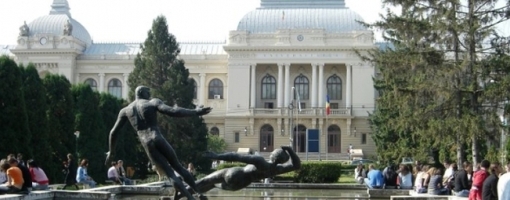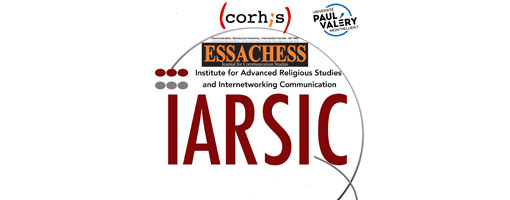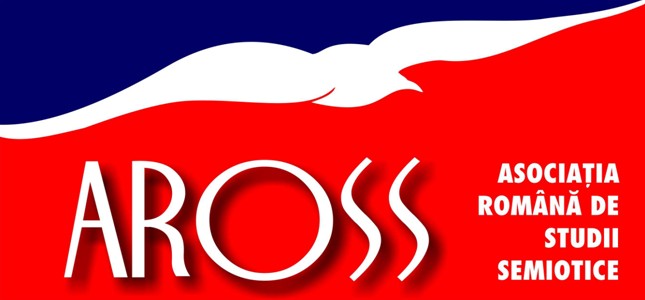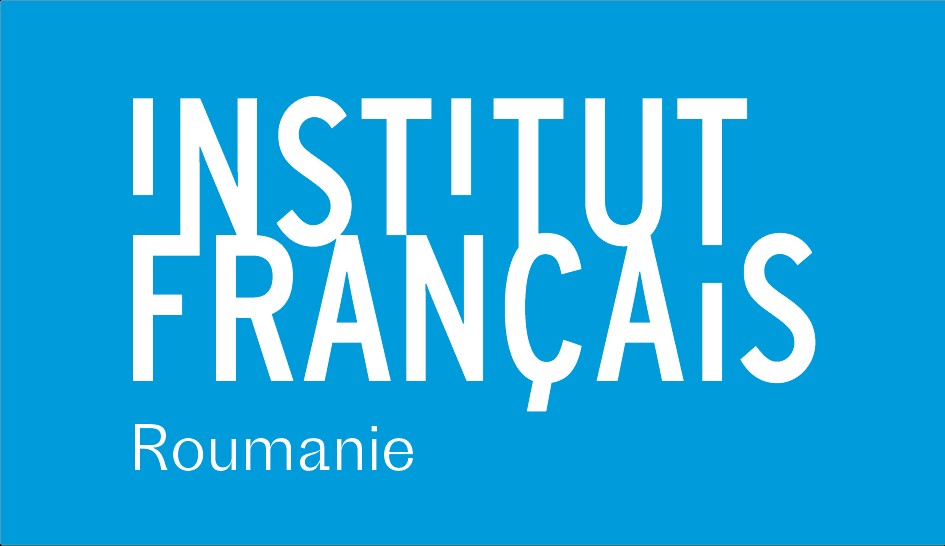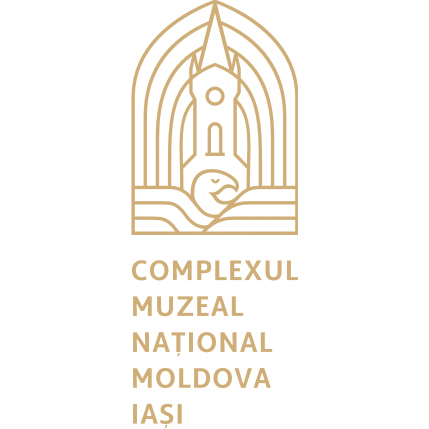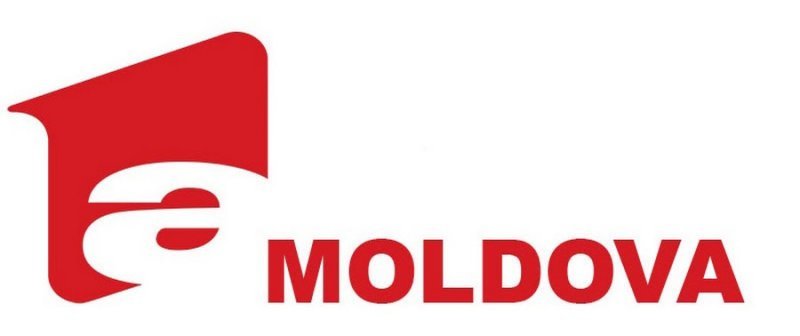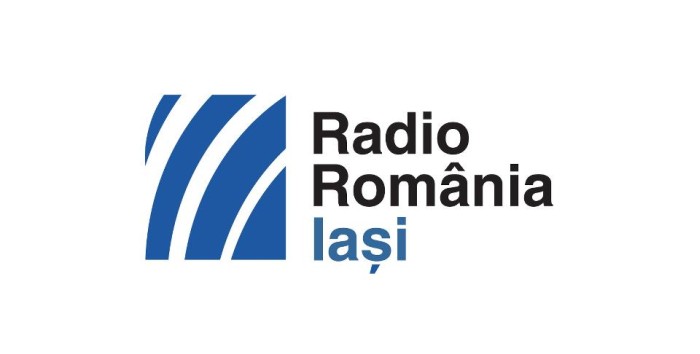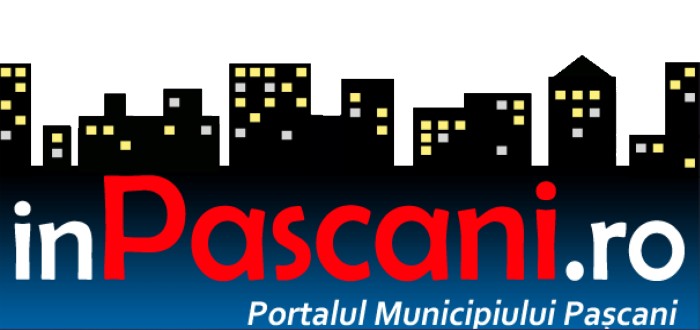1st International Conference "Communication in Action:
From Theory to Practice and Back"
7-10th November 2018, Iași, Romania
The first edition's overarching theme is:
Bridging the gap between
communication theory and practice
in CEE Countries
Mapping the changes and challenges undergone in the last decades by the field of communication represents a noble endeavour, yet an extremely difficult one to accomplish. Manuel Castells shows no hesitation when he states in his Communication Power that the shift from mass communication to mass self-communication ("the process of interactive communication that can potentially reach a mass audience, but in which the production of the message is self-generated, the retrieval of messages is self-directed, and the reception and remixing of content from electronic communication networks is self-selected") is the most important transformation. The citizens, Castells adds, struggle to get to meaningful information, but they have to do it "through a maze of show politics and doctored images" that are created with the purpose of influencing them. The fate of communication researchers is not different, as they have to keep pace with new strategic tools and tactics, with rapidly evolving online communities, with unpredictable political contexts, with constantly changing regulatory practices and with new, emerging consumer behaviours. The step from message to action has been analysed since the beginning of the domain, but it feels that the explanations become more complex by the day.
Seldom, discussions with practitioners reveal that there is a consistent gap between the theoretical models taught in universities and what actually happens in real life. Firstly, there has always been a certain delay in integrating and validating any practice, since academic work is understandably restricted by both technical and community-related requirements. Secondly, the creative industries must always adapt to the national/regional specific. Many times, not so experienced juniors try to replicate models that have been used in USA only to find out that the latter could provide a sketch, at best, of the production process. Against this background, it is necessary for scholars to continuously revise the subsequent scientific literature and to provide in-depth analyses that better suit the reality of strategic communication. Testing and revising the theoretical assumptions represent key milestones in reaching the fundamental goal of delivering valuable educational services. This situation leads to a plethora of questions: what are the future trends in electronic journalism and advertising and how do they develop in CEE countries, what new ways do we possess in order to tackle the problem of advertising rejection, what are the main traits of contemporary visual rhetoric, can we mend fake news, can we still use communication devices that create social solidarity, knowing that moral communities are extremely fragile and permanently under the threat of moral entropy (Jonathan Haidt)? Our international conference aims at producing fruitful debates on these topics and on many more. In this vein, we invite communication scholars from Europe to submit papers on journalism and media studies, advertising, consumer behaviour, brand management, marketing communication, corporate social responsibility, public relations, public affairs, political communication, discourse analysis, semiotics and rhetoric.
Organiser
Alexandru Ioan Cuza University of Iaşi
Alexandru Ioan Cuza University of Iaşi is the oldest higher education institution in Romania. Since 1860, the university has been carrying on a tradition of excellence and innovation in the fields of education and research. With over 23.000 students and 742 academic staff, the university enjoys high prestige at national and international level and cooperates with 403 universities world-wide. Alexandru Ioan Cuza University is a member of some of the most important university networks and associations: the Coimbra Group, EUA – European University Association, Utrecht Network, International Association of Universities, University Agency of Francophony and the Network of Francophone Universities (RUFAC). These partnerships offer us the opportunity to experience changes, to have student and teacher mobilities and joint academic, research and strategy programmes.
Alexandru Ioan Cuza University became the first student-centered university in Romania, once the Bologna Process was implemented. We believe in the power of individual choice and customized education. Thus, we became the first Romanian university to offer students the opportunity to choose both a major and a minor field of study, in a combination at their choice, that best suits their career goals.
Research at our university is top level. In 2008, for the third year in a row, Alexandru Ioan Cuza University was placed first in the national research ranking compiled on the basis of Shanghai criteria. Our teachers are involved in over 187 national and international research projects. Striving for excellence, the university takes unique initiatives to stimulate research quality, to encourage dynamic and creative education and to involve its best students in academic life.
The Department of Communication Science and Public Relations
is an educational and research structure that aims to produce, develop and disseminate valuable knowledge about the role of professional communication in the contemporary democratic society.
Communication is what makes humans capable of the most astounding achievements: it makes art and education possible, it makes business possible, it makes it possible for people to express or hide their true thoughts, to think of legal and moral standards, to make plans for collective action. The systematic study of communication has become more necessary today, when technological developments have turned the world we inhabit in a complex and interconnected space, whose components are intensely interacting.
Our educational and research priorities envisage the following directions:
- The impact of communication strategies on the evolution of a brand – be it a commercial, cultural, institutional, or social brand
- The role of PR and advertising in making a business more efficient
- The mass-media system in contemporary society
- The impact of new media on mass communication, PR and advertising
- The legal and ethical standards that a communication practitioner must take into account when developing a strategic plan for an organization
- The rhetorical and the semiotic underpinnings of public communication
- The bases of interpersonal communication
- The constitutive role of language in the creation and functioning of social entities.
Organiser
The Institute for Advanced Religious Studies and Internetworking Communication
The Institute for Advanced Religious Studies and Internetworking Communication (IARSIC) is an open research structure organized around scientific journal ESSACHESS founded and directed by Dr. Stefan BRATOSIN, full Professor at the Paul Valéry University of Montpellier.
IARSIC began as an international center of applied research studies of innovations in communication. IARSIC is currently focused on working with scholars and scientific research groups from all over the world in order to develop and promote researches in religion, symbolic communication, new media and Internet through interdisciplinary cooperation.
This research structure was established in 2011 when a network of over thirty researchers from different scientific disciplines decided to join together around a research institute in order to participate in programs, projects, and research contracts in sciences involved in areas of information and communication.
Currently IARSIC involves scientists from Brazil, Colombia, France, Lebanon, Madagascar, Moldova, Morocco, Romania, Russia, Spain, Tunisia, and the United States of America.
The purpose of IARSIC is to make possible international cooperation in the fields of religion, symbolic communication, new media and Internet so that scholars and researchers from all over the world can work together in order to elaborate, accomplish, and implement the best research projects and programs involving innovation on these topics.
The mission of IARSIC is to develop, implement, and promote innovation in religion, symbolic communication, and new media and Internet.
IARSIC is governed by its members in accordance with its by laws.
UNIVERSITÉ PAUL-VALÉRY MONTPELLIER 3, ITIC, Bât. BRED, Bureau 216, Route de Mende 34 199 Montpellier Cedex 5
Scientific Committee:
Constantin SĂLĂVĂSTRU
Ștefan BRATOSIN
Mihaela TUDOR
Delia Cristina BĂLAȘ (BALABAN)
Camelia BECIU
Alina ROMAȘCU
Traian Dinorel STĂNCIULESCU
Florin GRIGORAȘ
Gheorghe Ilie FÂRTE
Gerard Leonid STAN
Ștefania BEJAN
Alexandru GRĂDINARU
Dan STOICA
Alexandru Lăzescu
Daniel CONDURACHE
Organizing Committee:
Gheorghe Ilie FÂRTE
Gerard Leonid STAN
Ștefania BEJAN
Alexandru GRĂDINARU
Viorel ȚUȚUI
Ioana GRANCEA
Horia CHIRIAC
Daniel-Rareș OBADĂ
